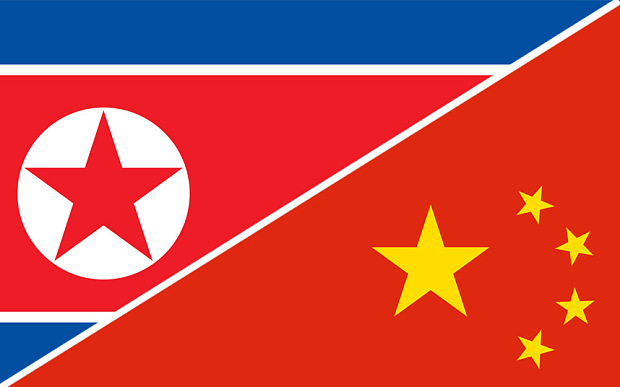China’s top envoy on the North Korean nuclear issue arrived in Pyongyang on Tuesday, amid a U.S.-led international effort to sanction the North over its recent nuclear test.
 China's top envoy on the North Korean nuclear issue arrived in Pyongyang on Tuesday, amid a U.S.-led international effort to sanction the North over its recent nuclear test.
China's top envoy on the North Korean nuclear issue arrived in Pyongyang on Tuesday, amid a U.S.-led international effort to sanction the North over its recent nuclear test.
Wu Dawei's arrival was confirmed by the North's official KCNA news agency in a brief dispatch that gave no details of his itinerary.
It was the first known visit by a Chinese diplomat to the North since the January 6 nuclear test, which, according to Pyongyang, involved the successful detonation of a hydrogen bomb.
The United States has been pushing hard for a tough U.N. Security Council resolution that would impose punitive sanctions on the North, and has placed particular pressure on China to back such a move.
North Korea's chief diplomatic protector and economic benefactor, China has protected Pyongyang from harsher sanctions in the past.
Despite annoyance with the nuclear ambitions of its maverick neighbor, Beijing's priority is to prevent any action that could lead to the collapse of the North Korean regime and chaos on China's border.
U.S. Secretary of State John Kerry urged China during talks in Beijing last week with his counterpart Wang Yi to do more.
Although the two sides agreed to mount an "accelerated effort" to try to resolve their differences on a new resolution, Kerry acknowledged that they had not agreed on the "parameters of exactly what it would do or say".
China, meanwhile, wants a resumption of the long-stalled six-party talks on North Korea, involving the two Koreas, China, the United States, Russia and Japan.
Wu's visit to Pyongyang comes amid intense speculation -- based on satellite images -- that the North is preparing a long-range rocket launch in further violation of U.N. resolutions.
North Korea successfully put a satellite into orbit with its Unha-3 carrier in December 2012.
Although Pyongyang insisted it was a purely scientific operation, that launch was condemned by the international community as a disguised ballistic missile test and resulted in a tightening of U.N. sanctions.